Journals
James Ley reviews ‘Meanjin: On Psychology vol.63, no.4’ edited by Ian Britain and ‘Overland 177: The consolation of literature’ edited by Nathan Hollier and ‘Conversations vol.5, no.2’ edited by Brij V. Lal and Ian Templeman
‘Meanjin,’ writes Ian Britain, ‘always aims for a blend of the astringent and the convivial.’ A worthy aim, and one that is well realised in its ‘Psychology’ edition. It may simply be a consequence of the theme’s depth and complexity, but On Psychology also feels weightier than previous issues. Britain shares responsibility for this edition with guest co-editor Robert Reynolds, a Senior Research Fellow at the National Centre in HIV Social Research, University of New South Wales. Reynolds contributes an essay arguing for the importance of distinguishing between a valid sense of sadness and full-blown depression. He also seems to have influenced the overall tone. There is a touch of academic dryness about several of the essays and slightly less emphasis on personal reflection, although cover-star M.J. Hyland’s account of her experience of depression is central.
... (read more)Nicola Walker reviews 'Griffith Review: Dreams of Land', 'Heat 6: Happy Days' and 'Meanjin Leaves Town: On Travel"
Oh, happy days indeed. These are good times for readers and perhaps not so bad for writers either, as Griffith Review joins Meanjin and Heat in publishing work that might otherwise struggle to reach us. That such thoughtful and sometimes excellent writing should often be rewarded with risible rates of pay is less satisfactory, but it was ever thus, apart from the pennies from heaven offered so briefly, and controversially, by the conjunction of the Australia Council for the Arts and The Australian. The Council helps keep Meanjin and Heat afloat, and for this we should all be grateful. Griffith Review, however, is the result of a collaboration between the university and ABC Books, which is perhaps why, unlike the other two, it includes a subscription offer with the usual earnest blandishments of so-called highbrow journals (‘celebrates good writing and promotes public debate’). Still, judging by its second issue, Dreams of Land, no one could dispute the former claim, and, with the latter building up steam. the Griffith Review looks set to brighten our days for the foreseeable.
... (read more)Ann Vickery reviews 'Metre: A magazine of international poetry (No. 2, Spring 1997)' edited by Simon Caterson
With a title like Metre, you know that this magazine is not attracting readers by its chic and sexy appeal. Our own home-grown mags, such as Otis Rush, Salt, and HEAT, at least offer their poetry with a bit more adventure and promise. Furthermore, by combining poetry with a range of fiction, cultural criticism, essays or reviews, such local efforts release poetry from solitary confinement and bring new energies into it. In contrast, Metre seems nostalgic for older times, for days when poetry demanded respectful homage. As the staid European cousin, its conservative title is buoyed only by the overarching gaze of ambition.
... (read more)Robert Adamson reviews 'Salt', Volume 10 edited by John Kinsella
When a poet reviews a poetry magazine, it can be like walking out over a virtual minefield. I have a few more books to write before they take me out, so let me say straight away, I come in peace. These are cynical times, so maybe nobody will be taken in by this tone. After all, Salt is published and edited by John Kinsella, a highly successful poet who has established himself in record time. Let’s face it, this is poetry as strategy. As Hilary McPhee pointed out, the literary community in this country can be particularly vicious, and if anyone tries to hose that down they are having themselves on – the response McPhee got in relation to what she actually said proves the point really. It doesn’t have to be bland and polite though. There has been a lot of talk about the careerist approach to poetry lately. Ramona Koval noted at the first National Poetry Festival in Melbourne recently that some American poets have taken on this ‘professionalisation’ of poetry even down to their ‘Brooks Brothers suits and leather satchels’. Fay Zwicky replied, ‘I think careerism in poetry is contrary to how a poem comes into existence in the first place.’
... (read more)Sue Murray reviews 'Australian Cultural History, vol. 11' edited by David Walker, Julia Horne and Martyn Lyons
It is refreshing to find an approach to literature that largely avoids traditional methods of discourse. Books, Readers, Reading is a compilation of essays from an Australian Cultural History Conference held in June 1991 and it encompasses subjects as diverse as Bible reading, a history of Australia’s first paperbacks and circulating libraries.
... (read more)
